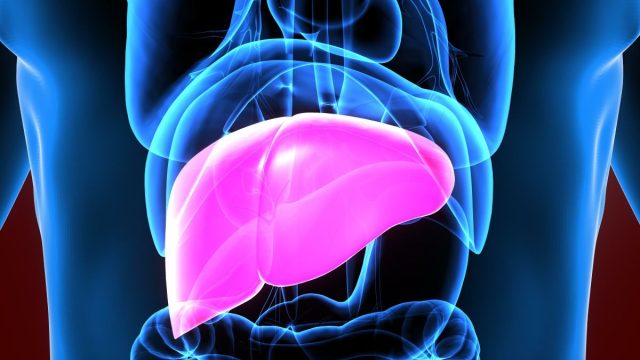At least one of the six botanical products was used by 15,584,599 U.S. adults, similar to number using simvastatin, NSAIDs
By Elana Gotkine HealthDay Reporter
MONDAY, Aug. 5, 2024 (HealthDay News) — An estimated 15 million U.S. adults consumed at least one of six potentially hepatotoxic botanicals within the previous 30 days, according to a study published online Aug. 5 in JAMA Network Open.
Alisa Likhitsup, M.D., M.P.H., from the University of Michigan in Ann Arbor, and colleagues assessed the prevalence and clinical characteristics of adult consumers of six potentially hepatotoxic botanicals. Data were included for 9,685 adults enrolled between January 2017 and March 2020.
The researchers found that the overall prevalence of herbal and dietary supplement (HDS) product use was 57.6 percent, and the prevalence of use of all six botanicals of interest was 4.7 percent. The most commonly used botanicals were turmeric-containing botanicals (236 adults), followed by products containing green tea, ashwagandha, Garcinia cambogia, red yeast rice, and black cohosh (92, 28, 20, 20, and 19, respectively). Consumers of these six botanicals were significantly older than non-HDS users (adjusted odds ratios, 2.36 and 3.96 for those aged 40 to 59 years and 60 years and older, respectively), and they had a higher education level and were more likely to have arthritis (adjusted odds ratios, 4.78 and 2.27, respectively). At least one of the six botanical products was used within the previous 30 days by an estimated 15,584,599 U.S. adults, which was similar to the estimated number of patients prescribed potentially hepatotoxic drugs, including simvastatin and nonsteroidal anti-inflammatory drugs (14,036,024 and 14,793,837, respectively).
“Considering widespread and growing popularity of botanical products, we urge government authorities to consider increasing the regulatory oversight on how botanicals are produced, marketed, tested, and monitored in the general population,” the authors write.
Two authors disclosed ties to the pharmaceutical and/or life science industries.
Copyright © 2024 HealthDay. All rights reserved.



















